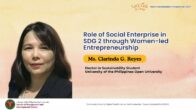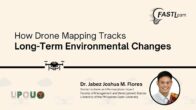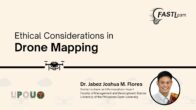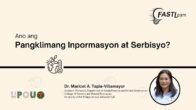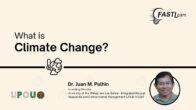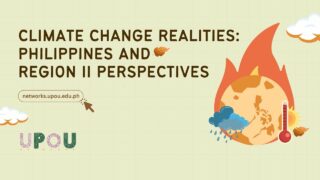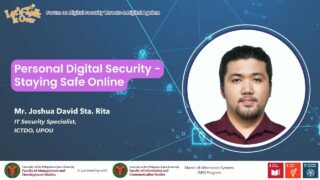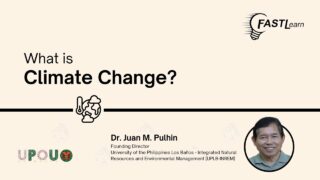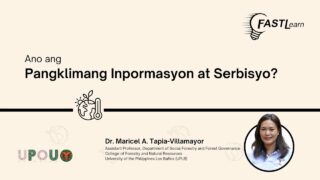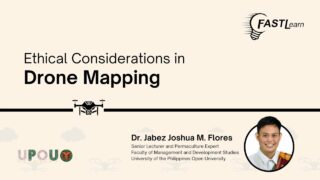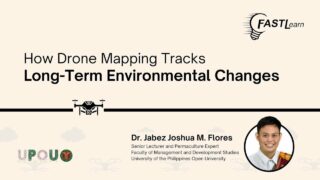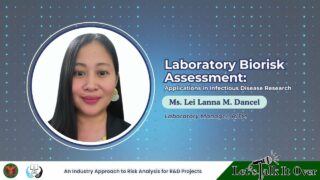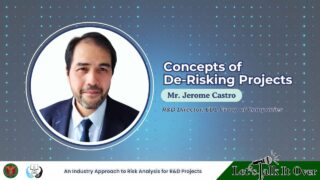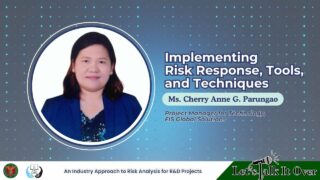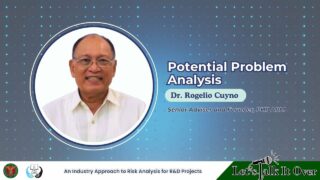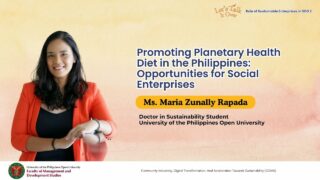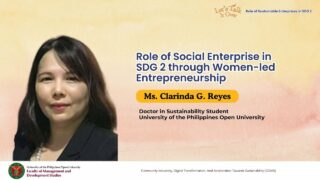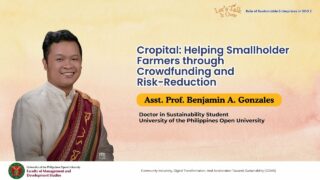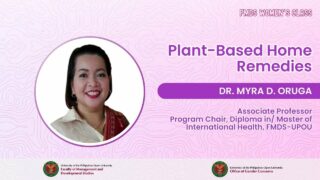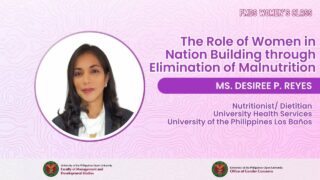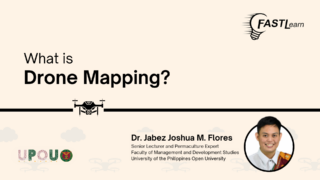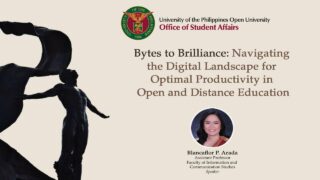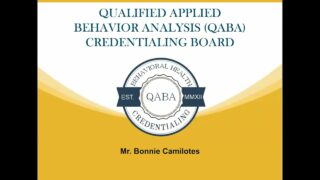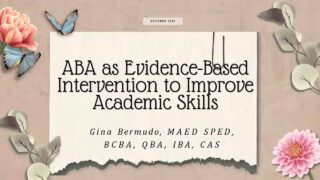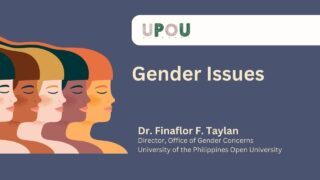Come join me as we explore the role of social enterprise in SDG 2 or Zero Hunger through women-led entrepreneurship. According to the National Economic Development Authority, hunger is the leading cause of death in the world. Our planet has provided us with tremendous resources, but unequal access and inefficient handling leaves millions of people malnourished.
So if we promote sustainable agriculture with modern technologies, and fair distribution systems we can sustain the world’s food needs. Food systems basic to SDG 2 are essential for sustainable development and are connected to all our other SDGs. They all share some overlap, underscoring the relevance of the sustainable development agenda for food system transformation.
Food systems are a foundation of human and planetary well-being and central to achieving sustainable development goals. Yet, they also contribute to ill health, inequity, environmental degradation, and greenhouse gas emissions. These challenges demand urgent food systems transformation. And such transformation requires understanding of the status of food systems across their diverse functions.
So this illustration shows the full system themes and indicator groups. The outer shapes refer to cross-cutting themes such as governance and resilience. While the interior circles refer to long-term outcomes including 1. diet, nutrition and health, 2. environment, natural resources and production, and 3. livelihoods, poverty and equity.
According to the Food and Agriculture Organization, or FAO, 2024, forests and family farms are part of an integrated productive system. Together, they deliver ecosystem services and benefits for livelihoods and well-being. The infographics illustrates the relationships and highlights the advantages of forest and farm producers getting organized in order to improve access to market and income.
This is to amplify their voice in decision making and to ensure tenure rights and human well-being. One of the many outcomes of sustainable forest and agriculture include food security, nutrition, livelihood, biodiversity, and sustainable management among others. So, let me introduce to you the Women Helping Women Innovative Social Enterprises or WHWISE program of the Philippine Council for Industry, Energy, and Emerging Technology Research and Development of the Department of Science and Technology. It showcases the exceptional talent and innovation of women-led social enterprises from across the Philippines.
The program recognized and supported social enterprises led by women that are driving economic growth and sustainable development in their communities. So through this kind of intervention, we strive to foster wealth creation, protect our natural resources, ensure wellbeing, and promote sustainability. So today we will feature seven of them. F.R. Rachel Padua recognized the untapped potential of Cordillera, a cacao and revolutionized the region’s chocolate industry. Serving as the chair of the 300 cacao growers and processors of Benguet Baguio Foundation, she leads efforts in proper farm maintenance and post-harvesting practices. So she shares her expertise in standardizing processes suitable for Benguet’s environment. So through her leadership and dedication, she was able to empower local growers and processors to thrive in the industry.
Meet Wilma Alves, a proud farmer and owner of the Eiffel Quiff goods and panciteria in Tabucalinga. She noticed that cassava, a resilient crop in the region, requires minimal inputs and thrive abundantly in rugged terrain. So despite its prevalence, there was little demand for it in the market. So Wilma saw it as an opportunity to help her community by turning cassava into flour and other nutritional food. As chair of the Mangagawa Farmers’ Environmental Development Association, she led 259 farmers, 70% of whom are indigenous women, in adopting crep rotation practices for sustainable farming.
In 2016, Ms. November Cagneso Yao, a bakalodnon and organic gardener, wondered why the country imported cinnamon when it had its own. It led her to search for the Philippine cinnamon, starting with her province in Negros Occidental, where she discovered caningag, a locally and naturally growing tree. With only 50 cinnamon-mothered trees left, she developed a business model that revived the cinnamon’s value chain through conservation, propagation, and product development. Thus, the birth of Plantsville Health, a social enterprise that helps provide livelihood to small farmers and resellers.
Ms. Maria Wilvena-Annora, or Wil-V, is the co-founder and lead of Atoani, meaning our harvest, a startup social enterprise that advocates the use of natural and sustainable farming practices. They developed the Atoani iCrop, a tool that provides recommendations to farmers on the type and amount of crop they should plant based on the demand from the orders of customers and today it has 209 partner farmers spread out in 11 farming communities in Cebu and Bohol. Next is Wilma E. Solililap who founded the Mavel’s House of Mushrooms in Davao del Norte. It focuses on waste utilization and mushroom strain stability research.
So it provides live load trainings to locals on mushroom production and processing as well as food innovation. Second to the last is Ms. Nanita M. Tan, founder of Best Friend Goodies in Region 10, the social enterprise manufacturers ready to eat food products and enhance nutrient food with the help of its local community. Lastly is Eloisa Ardiga of the Cordillera Administrative Region, the Northern Roots Session Groceries. They’ve developed the Session Groceries Farm to Table app that connects local farmers and consumers to support a member or a number of local agribusinesses. It promotes a sustainable lifestyle and educates the local community on the benefits of eating fresh and locally grown food.
So what can we learn from women-led social enterprises towards achieving SDG 2 or zero hunger? So gender equality is a fundamental aspect of sustainability. It prioritizes community engagement and participation. Empower farmers or producers by providing access to resources, training and market opportunities. Facilitate networking, collaboration, sharing of best practices.
It contributes to community development by creating jobs, generating income and fostering local and innovation. Implements nutrition-sensitive interventions like nutrition education, micronutrients, supplementation and support for backyard farming. And of course, it prioritizes people and the environment alongside profit.
So this is to acknowledge the references from the food systems countdown, sustainable food and agriculture, women helping women. So with that, thank you very much and back to you. Thank you.
